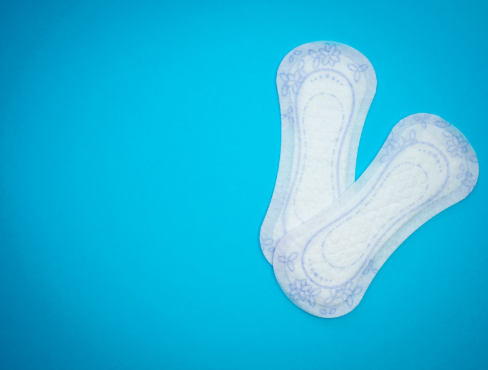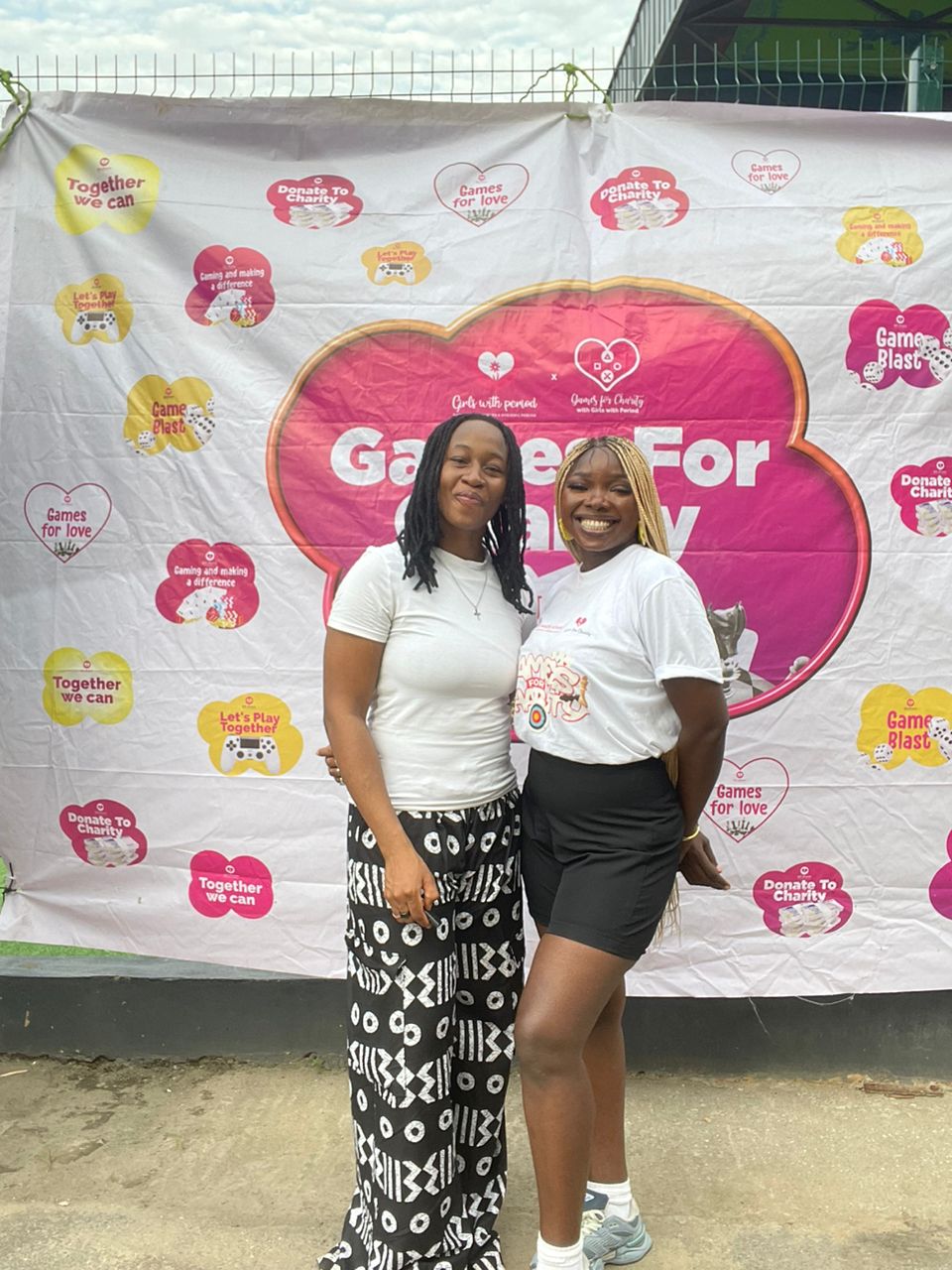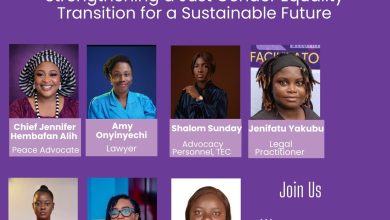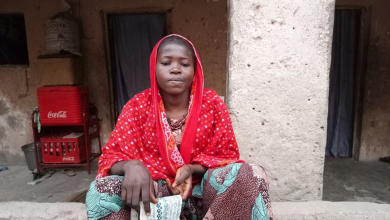
|
Getting your Trinity Audio player ready...
|
Today, May 28, is World Menstrual Hygiene Day. The theme, “Together for a #PeriodFriendlyWorld,” sounds appealing, right? It’s a comforting slogan. But who are we fooling when an estimated 37 million women and girls in Nigeria can’t even afford to bleed safely? Who do these hashtags help when the government turns a blind eye to their pain?
Organisations step up with donations of pads and menstrual cups. They hold workshops. They print posters. These efforts are kind, and they fill a temporary gap. But they’re not enough. They don’t reach everyone who needs them. They don’t change the fact that the government refuses to treat menstrual products as a basic right, not a luxury. Women and girls are left to choose: should they buy pads or buy food? Infection or hunger?
Even for those who scrape together money for pads, the suffering doesn’t end. They’re forced to stretch what little they have by using the same pad far longer than is safe. One pad for an entire day. Soaked and heavy, it rubs their skin raw and leaves them exposed to infections. The shame and pain are constant, and still they endure. Are they supposed to be grateful for this?
Reusable pads sound like the perfect solution. They’re sustainable. They’re meant to last. But they come with a hidden cost. They need clean water to wash and dry properly. Yet more than 60 million Nigerians don’t even have access to clean water. For girls and women with disabilities, this burden is even heavier. Clean water is not free. It’s not even easy to find. So these reusable pads become another promise that can’t be kept. Another burden to carry, not a solution.
Similarly, disposable pads seem to offer relief at first glance. They last for one menstrual cycle, and then they’re gone. But what happens in the next month? What happens when donations stop coming? What happens when there’s no money left? These pads are a temporary fix, not a permanent answer.
Menstrual health is not about charity. It’s about fairness. It’s about the government stepping up and doing what it should. It’s about making menstrual products affordable and accessible to everyone, not just those who can pay. It’s about making sure that no woman or girl has to choose between bleeding safely and eating a meal. It’s about demanding that the government sees menstrual health for what it is: a basic right, as essential as clean water or food.
Meanwhile, handing out pads once a year is not enough. It’s not a real solution. It’s a temporary gesture that makes donors feel good. But it does nothing for the girls who skip school every month. It does nothing for the women who hide their shame and pain, pretending they’re fine. Pads are as basic as food, as water, as shelter. Yet the government’s refusal to act says loud and clear: you’re not important enough.
As we mark World Menstrual Hygiene Day, let’s stop pretending that donations alone will fix this. Let’s stop acting like this is someone else’s problem. Women and girls are tired of being an afterthought. They’re tired of empty promises and temporary handouts that don’t last. They want real change. They want a world where they don’t have to choose between dignity and survival. They want a world where menstruation doesn’t come with shame, suffering, and fear. It’s time to demand more than hashtags and empty campaigns. It’s time for those in power to step up and make menstrual health a right, not a privilege.





